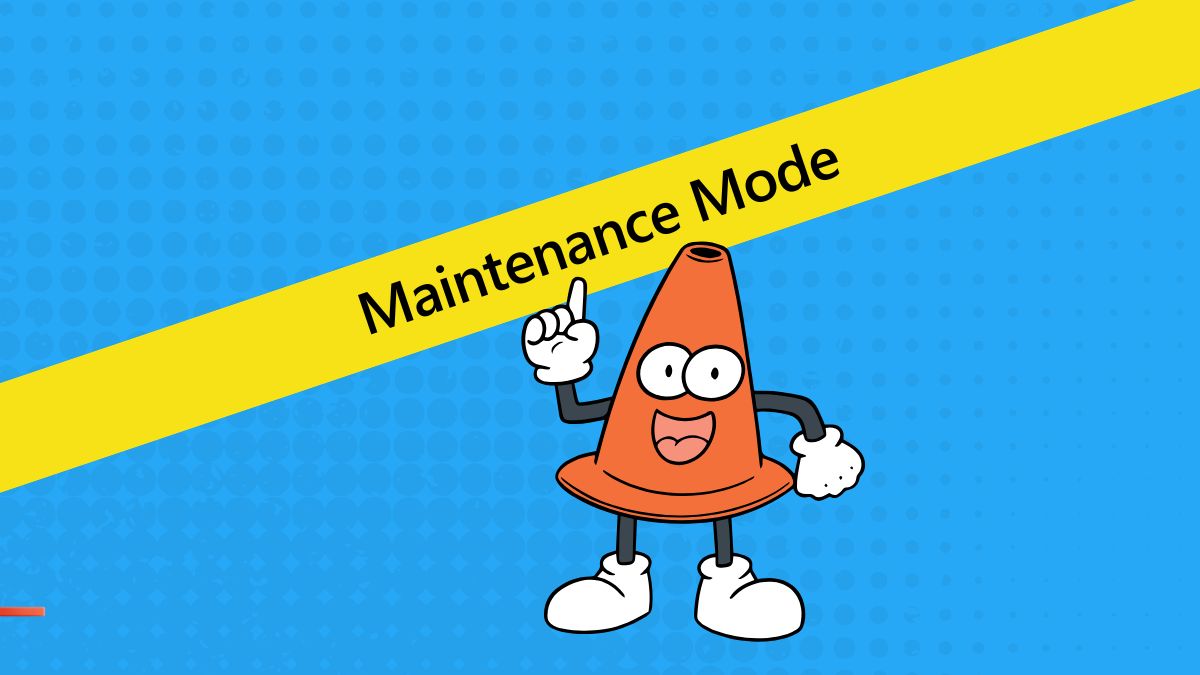
Security and IT often feel like they're speaking different languages—but they’re really solving the same problem from opposite ends. Based…
Are you keeping up with video surveillance and retention requirements in your industry? Many organizations are required to maintain visual security by either state or federal law. In this post, we’ll give you the details you need to know to stay compliant. Here’s an overview of how video surveillance and retention requirements impact high-risk industries.
Incidents in the law enforcement industry have led to strict video surveillance requirements. Many officers wear body cameras to encourage accountability, but the right way to handle video retention is still up for debate. According to the Georgia Municipal Association, video recordings from body-worn devices or inside of law enforcement vehicles need to be retained for 180 days. It’s common for the law to require video retention for anywhere from six to eighteen months. Read more about law enforcement video surveillance retention.
Healthcare is one of the most high-risk industries. It’s also one of the most complex when we look at video surveillance and retention requirements. For example, there are no federal laws that authorize or prohibit video monitoring in care facilities like nursing homes. However, each state’s privacy and protection laws may also apply to surveillance and retention. It’s critical for organizations to consider how their laws impact their requirements concerning video retention.
According to the National Center for Education Statistics, most schools use surveillance. In fact, more than 80 percent of public schools and more than 94 percent of high schools in the U.S. use cameras to monitor students. This means that many districts have to stay up to date on surveillance and retention laws. Those laws vary from state to state. In Texas, districts must retain video for three months. However, if a school receives a lawful request to view footage, the district must retain it until that footage is viewed. Read more about K-12 and higher education video camera storage here.
Unsurprisingly, California is leading the way when it comes to video retention in the cannabis industry. Since this industry is so new, the regulations are always changing. However, we can look at this state for an example of what to expect. Here, any business in the Cannabis space must retain video surveillance footage for 90 days. There are also requirements for minimum resolution and frames per second.
These are just a handful of the high-risk industries that have video retention requirements. We encourage you to educate yourself on the laws in your industry. The bottom line is that as technology changes, video surveillance and retention requirements will also continue to change. To stay compliant, you need the right technology on your side.
Are you looking for a better way to manage video surveillance and retention for your business? Using the right technology can make staying in compliance simple. For example, a camera reporting solution can give you all the information you need in a couple of clicks.
Want to continue learning about video retention and compliance for your industry? Keep an eye on our blog for more posts in this series.

Your go-to XProtect eXPerts. We learn the technical stuff that will save you time and make it less boring.

Your go-to XProtect eXPerts. We learn the technical stuff that will save you time and make it less boring.

Security and IT often feel like they're speaking different languages—but they’re really solving the same problem from opposite ends. Based…

Tired of getting pinged for problems you’re already fixing? Maintenance Mode helps you suppress alerts, clean up your dashboard, and…

Use The Boring Toolbox scheduled reports to keep stakeholders informed—without creating extra work for yourself.
Subscribe to get a monthly dose of security & surveillance industry news and insights, Milestone VMS time-saving tricks, tips for hacking your way out of boring work sent directly to your inbox!